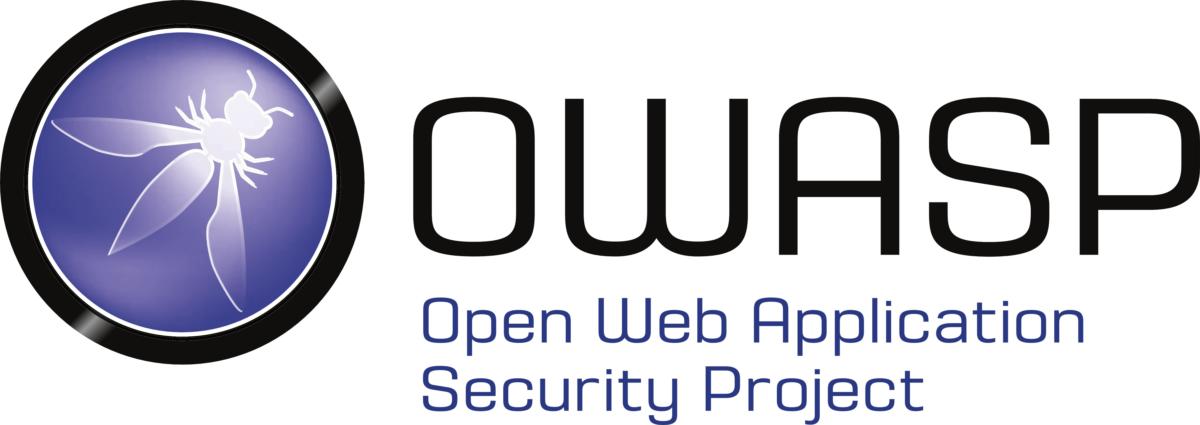The Double-Edged Sword: Ramifications of AI for the Enterprise in a Good and Bad Actor Landscape
In his latest blog, Bill continues to look at the ramifications for API Security with the immergence of generative AI – this time, from a business ramification and mitigation perspective.





